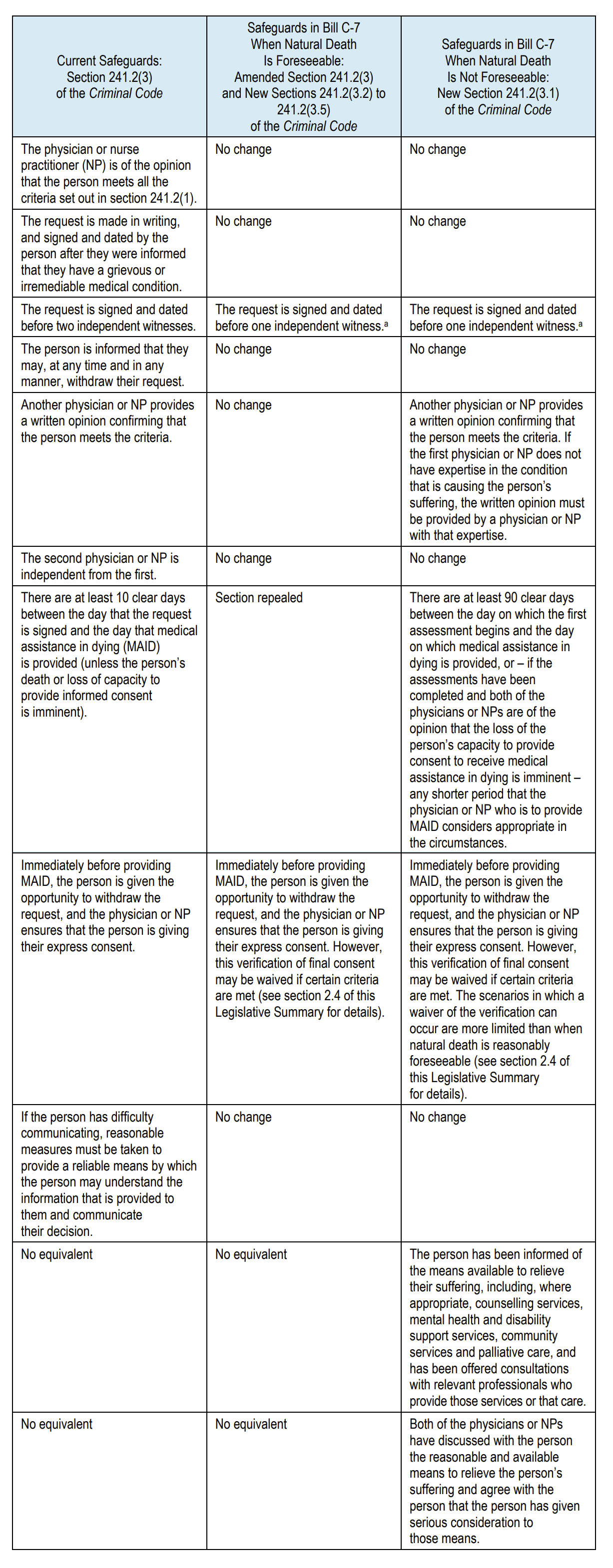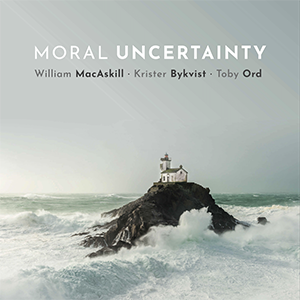Canadian lawmakers will discuss Bill C-7 in the next few days. The bill would expand existing legislation on Medical Assistance in the Dying (“MAID”) to make it easier for people with disabilities to request and receive MAID, and philosophers weigh in on the discussion.
Medically assisted suicide has been legal in Canada since 2016. Procedures and safeguards under applicable Canadian law include that a patient’s “natural” death must be “reasonably foreseeable” given their medical circumstances in order to be granted a MAID. In 2019 a judge ruled that this particular condition violated the rights of Canadians. Current legislation amends the law in response to this decision. It distinguishes between requests made under circumstances where natural death is foreseeable and circumstances where it is not, and sets out requirements for MAID to be granted in each case.
Here is a summary of the changes the bill would bring if passed:
Some disability philosophers and advocates fear that the elimination of the “foreseeable natural death” requirement will lead to circumstances where the disabled will be pressured to seek MAID and that people will come to the interests and welfare of people hindered further devaluing.
In her letter to the Standing Committee on Law and Constitution of the Canadian Senate, Shelley Tremain suggests that commentary on legislation has been dominated by bioethicists and philosophers with insufficient expertise on disability issues:
I ask the Senate Standing Committee on Legal and Constitutional Affairs to expand the scope of scholars and other interested parties from which it gathers views on expanding MAID. The current number of bioethicists and philosophers who have so far presented themselves as technical and disciplinary experts on this topic for legislative purposes have little background knowledge of the social epistemology of disabilities and are not recognized by practitioners as experts in the philosophy of the disabled in this branch of philosophy. In short, they should not be viewed as authorities on the current social situation of disabled people and on the improvements that are required.
In their letter, the philosophers Rob Wilson (Western Australia) and Matthew Barker (Concordia University) praise and write about their “distance from the professional community of bioethicists”
In a peer-reviewed article, Child Wellbeing, Disability, and Choice, published in 2019 in the leading philosophy journal Mind, we expressed concern about the impact of misconceptions in the general non-disabled population and among bioethicists about the relationship between quality of life and disability in making family decisions. Simply put, The widespread assumption is that disability leads to a lower quality of life. The Assumption is wrongHowever, this problematically results in both policymakers and individual citizens making decisions that devalue the lives of people with disabilities, sometimes with fatal consequences early in life.
We share precisely this concern about Bill C-7 and disability in relation to end-of-life decisions. Here we agree with a variety of Canadian disability organizations who The passage of the law will have a detrimental and dehumanizing effect on the lives of vulnerable people with disabilities and will problematically expand the reach of MAID. While we also share concerns about the bill’s limitations in the provisions on safeguards in lifelong decisions, we believe the shortcomings in Bill C-7 go deeper.
You can read the full text of her letter here.
On the other side of the debate are those like Jocelyn Downie (Dalhousie) who believe that the importance of having people choose when to end their lives speaks in favor of passing the bill and not enforcing the “predictable natural” Death ”in the meantime (see here for example).
Udo Schüklenk (Queens), a proponent of the legislation, states that “mentally ill” does not mean “incapable of making a decision”. Since “the intensity of suffering in major mental illness can be as dire as that of the most severe physical illness,” we have strong reason to enable the decision-making mentally ill who suffer to choose to continue. “Who else could possibly pass this judgment, certainly not others who do not really experience the suffering?”
Links to other philosopher or bioethicist writings on Bill C-7 are welcome.


